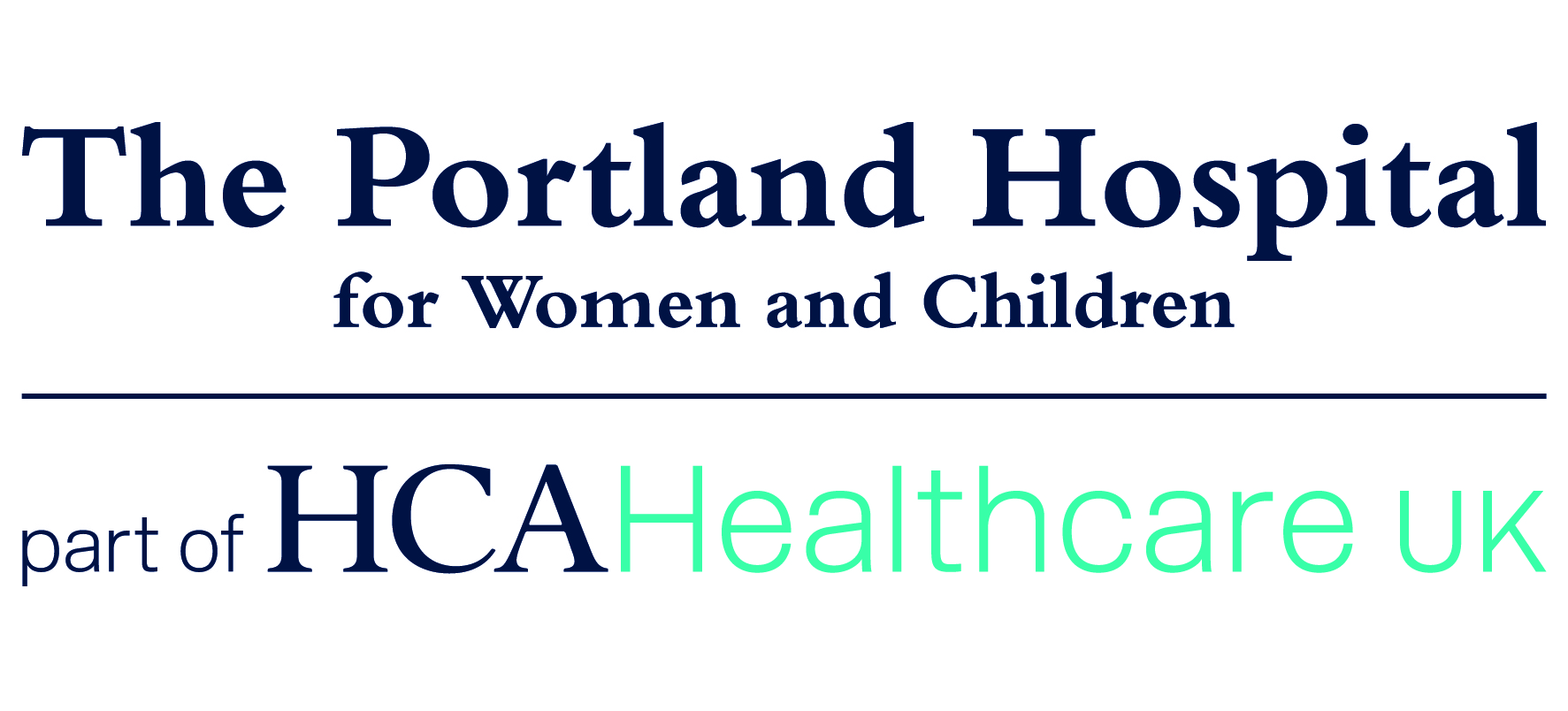Walking or toddling on two legs is a huge milestone in your baby’s development, and she will begin by standing and holding on to you or a piece of furniture, and cruising around and hanging on to anything she can reach.
A fun way to help your baby to walk is to create a safe series of furniture and toys to allow her to cruise across the room. A baby commando course!
Your baby will learn to walk at her own pace but you can give her lots of practice by helping her to walk holding her hands. This helps to teach her brain how to use the left and right-hand side of her body in turn and slowly learn to balance in this dynamic mode. It’s called crossing the line as the nerves from the right-hand side of the brain control the left side of the body and the nerves from the left side of the brain control the right side of the body.

It is often a worry for parents if the see their other babies walking and hitting milestones before their own baby. Babies generally walk just after their first birthday at around 13 months with some babies walking early at around 9 months and only 2% of children are not walking by 18 months.
The chances are that your baby will be walking within the next few months but if you are concerned it will do no harm to speak to her GP or health visitor. If there are any concerns your baby can be assessed by your local Child Development Team headed by a paediatrician. The Child Development Team will check for a variety of physical skills and strengths such as if your daughter is able to bear her weight and stand or cruise past furniture. They will also want to know if your daughter uses one side of her body more than the other as babies shouldn’t be displaying right-handedness or left-handedness yet.
There are lots of games and activities that can help your baby to develop the co-ordination and muscle strength needed to walk. Let your baby practice walking while you hold her hands as this develops the part of its brain which controls balance and symmetrical coordination.
Baby yoga and water play are great ways that promote confidence, muscle strength, coordination, and balance.”
It’s not advisable to get a “baby walking” device, where the baby sits in it and pushes it around on wheels. Babies will move around too fast, and they are not naturally learning to develop their muscles and coordination.
For a list of useful contact details for The Portland Hospital, please click HERE.
